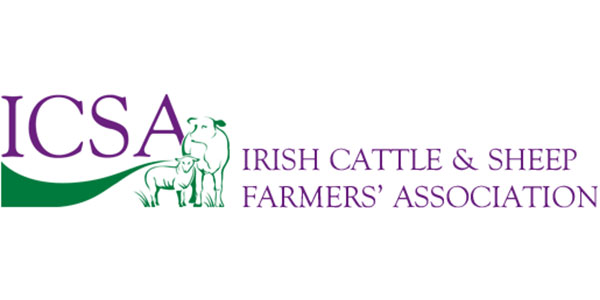THECATTLESITE.COM – 31 October 2016

The Canada-EU Comprehensive Economic and Trade Agreement (CETA) was finally signed in Brussels yesterday after being delayed as a rule in Belgium meant the objection of one region, Wallonia, halted the signing of the agreement. Wallonia eventually agreed to continue with the deal.
The Canadian Cattlemen’s Association (CCA) congratulates Prime Minister Justin Trudeau and International Trade Minister Chrystia Freeland for agreeing the deal, and said it is pleased with the prospective elimination of EU import tariffs on nearly 65,000 tonnes of Canadian beef.
With this new access, the EU has the potential to become a $600 million annual market for Canadian beef, up from current levels of approximately $6 to $10 million per year, the CCA said.
CCA Director and Foreign Trade Vice-Chair Doug Sawyer travelled to Brussels earlier this week to highlight the immense potential of the CETA for the Canadian beef sector and to emphasise the need to resolve the outstanding technical barriers.
“It was clear that the EU recognises the value of the CETA and put their shoulders to the wheel to secure that recognition by all their member states,” Mr Sawyer said. “Beef access to the EU is a core expected benefit from Canada and we will expect a further effort to be put into removing the remaining technical barriers.”
However, the Irish Cattle and Sheep Farmers’ Association (ICSA) said it was disappointed that Wallonia’s concerns were not listened to more.
“Wallonia raised very important points about how the deal is damaging to EU beef farmers and also correctly challenged the investor dispute mechanism,” said ICSA’s president Patrick Kent.
“Given the uncertainty around Brexit, the last thing we need is more beef being imported. It is clear that the EU market does not have capacity to absorb it and it will lead to further downward pressure on price. Irish beef farmers are under immense pressure and the implementation of CETA will further undermine their viability.”






